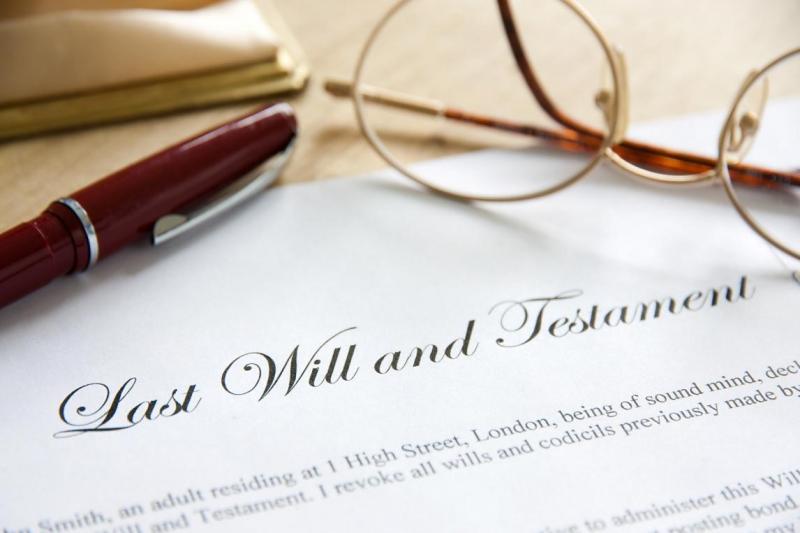You've Been Named an Executor: Now What?

Have you been named the executor of an estate? If so, you’re probably wondering what that means, and what’s expected of you during this process. And while being an executor can often be a thankless role, it’s incredibly important to do correctly as you may be left liable to the estate or the beneficiaries.
Wondering what specific duties you must perform to carry out your loved one’s final wishes? In this article, we’re sharing everything you need to know about being executor, so you can navigate the stages of estate planning in the least stressful way possible.
Obtain the Death Certificate
The first thing you need to do as executor is to collect several copies of the death certificate, which the funeral home can provide. You’ll need multiple copies of the receipt to handle a lot of the probate paperwork, such as filing life insurance claims and tax returns. You’ll also need to notify organizations like the Social Security Administration that your loved one has passed away.
Find the Will
Beyond the death certificate, you’ll also need to find the original will to begin probate. Chances are it may be in your loved one’s safe deposit box or with their personal attorney.
While you’re doing that, you’ll also need to take care of some more administrative duties like canceling their credit cards, safeguarding their valuables, and collecting and forwarding their mail.
Hire a Lawyer to Help with Your Executor Duties
Do you have limited or no experience with estate handling? If so, you may want to hire a lawyer. They can help you with many estate-related issues, such as tax liability and disputes among inheritors. They can also handle administrative duties and even things like guardianship litigation.
Administer to the Estate
Once you’ve been recognized as executor, you’ll be given "letters testamentary", which grants you access to all estate property. You’ll then have to collect estate assets, liquidate and sell property, and pay off any creditors and taxes.
Distribute Assets and Close the Estate
Once everything has been paid off, you’ll need to distribute all of the assets of the will. This process should be relatively simple if everything is distributed according to the wishes in the will. You may want the help of a lawyer, however, if anyone contests the will.
After you’ve distributed the estate, you can officially close it. You’ll need to maintain and file all paperwork related to the process, including evidence of disbursements. You’ll also need to contact beneficiaries with the final closing report and outline what was collected and disbursed by the estate.
Then the process is pretty much over! You’ll simply close the estate bank account once all the payments have cleared, and apply for tax release by the probate court.
Need Legal Assistance?
Losing a loved one can be hard, especially if you have to serve as an executor. But with the tips in this article, you can navigate the process in the smoothest way possible.
Did you find the information in this article helpful? Check out our legal guide for more insights!
More to Read:
Previous Posts:










